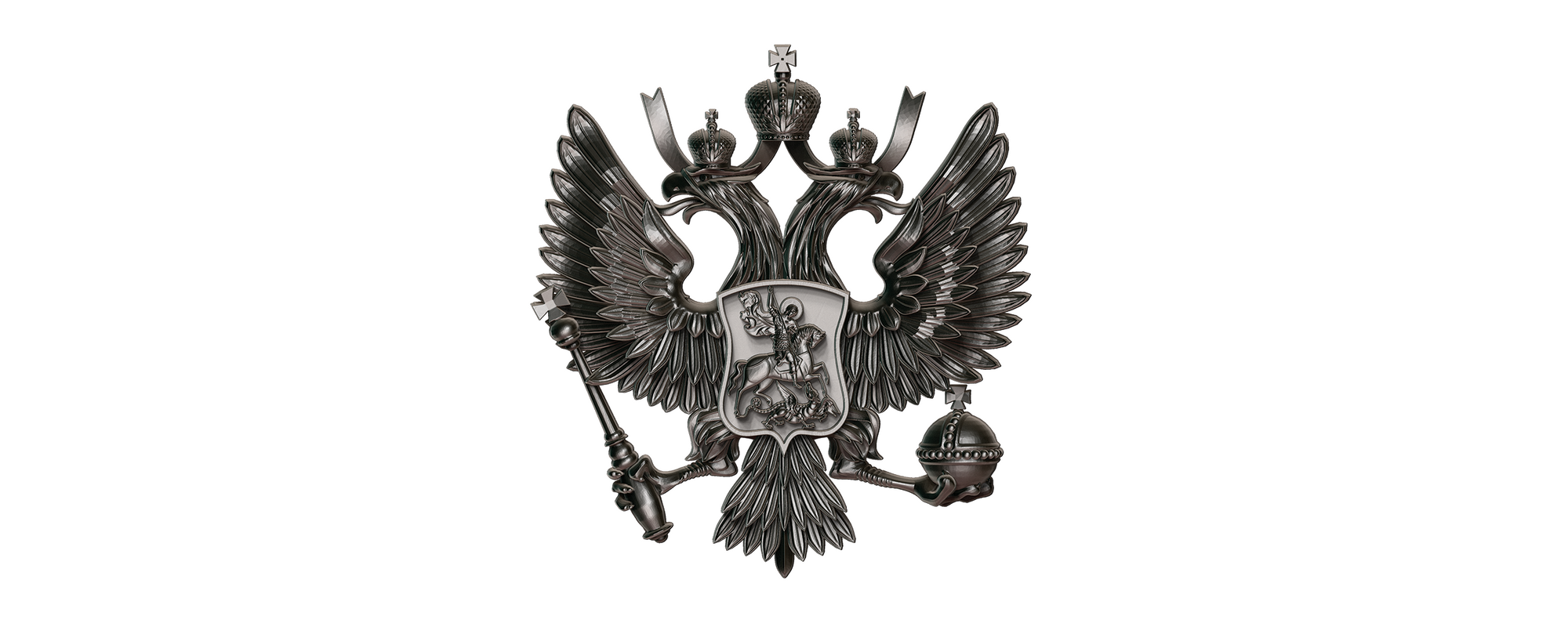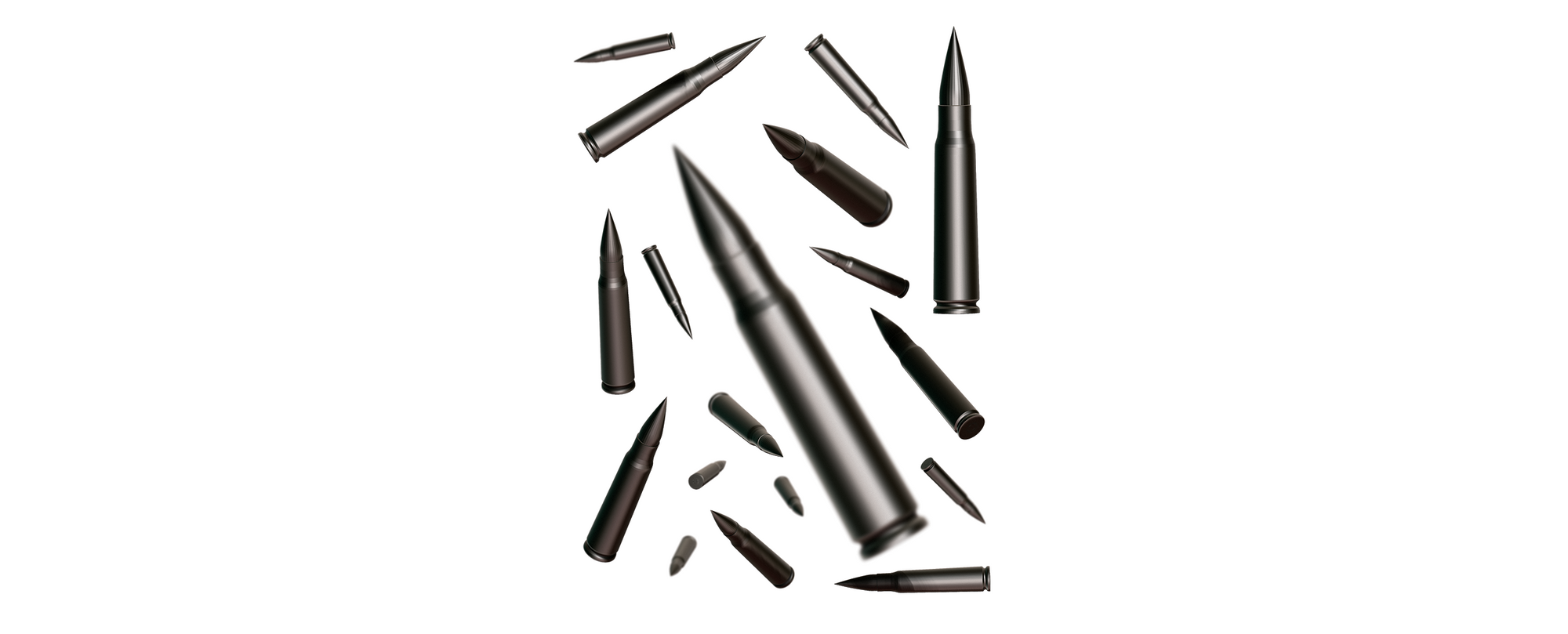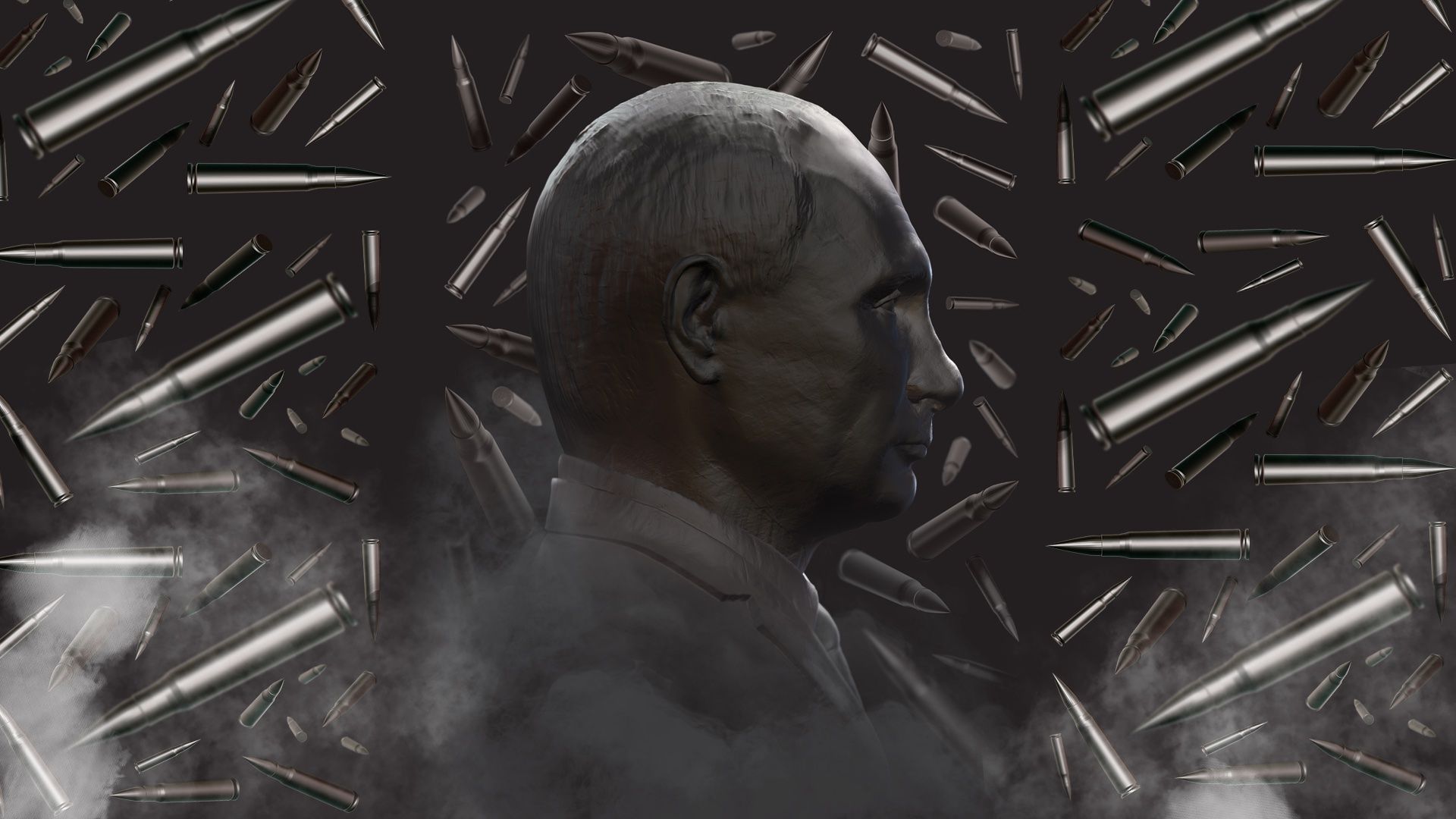How do they see us from Moscow? The leaders of Russia's struggle against the “decadent” West still believe in victory, and the collective Putin that permeates all layers of Russian society is still functioning. Read our interview on nuclear weapons, the German and Russian soul, and victory with James Sherr, Senior Fellow of the Estonian Foreign Policy Institute.
How do the Russians see the West? What’s Putin’s perspective on us?
Let's not narrow it down solely to Vladimir Putin. Instead, I’d rather talk about what I call the collective Putin, which is a considerable part of the policy-making and economic elites as well as the ordinary people who are fully incorporated into the system. In terms of the level of society, it’s a considerable number of people. It’s important to understand this system because if Putin is to leave power, it’s possible that his successor will look for an exit from Ukraine. The fundamental problem in Russia lies in this belief system that is embedded into society—this is what I call the collective Putin. The belief system rests on a set of entitlements that Russia believes to be true. The first is their entitlement to reunify historic Russia, something based on a mixture of a very distant historical reality and a lot of mythology and fiction. That's why you can never get a clear answer to the question: where are Russia's final borders? Putin said back in 2016: Russia's borders never end. The West is being forced to recognize Russia's new frontiers without them letting you know where they are. The other part of this belief system is that the other major power centers, but particularly the so-called collective West led by the United States recognize Russia as their equal. It basically means an equal role in decision-making about all global issues that directly affect Russia's interests—an equal role in decision-making, in this case, means veto. The third aspect is that NATO must return to the borders of what Russia calls the historical West. In historical terms, it’s basically the countries of the Holy Roman Empire. I visited Moldova some years ago, and I had a long conversation with the former foreign minister of Transnistria about the future. He said Moldova will never be a member of the European Union. I said—because you think Russia's views are never going to change? He replied no, that's not the main reason. So I asked him, then what is the main reason? It was never part of the Holy Roman Empire, he answered. History in their eyes determines what is going to happen in the future. Their history is built on their concepts and mythologies. From this perspective, there should be no NATO beyond the borders of Copenhagen. The EU means nothing in this case. A Russian pro-establishment intellectual called it the shopping superpower. The problem is that every single one of these propositions would fundamentally overturn what we recognize as the features of the European and global order.

Some experts have pointed out that Russia has already been defeated as it has lost its global status; disinformation and soft power no longer work. Still, what’s the approach that makes Moscow believe in victory?
What we underestimate is that the Kremlin still believes in victory. They might lose the war militarily, but they will win the wider war against the West, and they will also win the wider war against Ukraine because Ukraine will be economically destroyed. They believe that the West will settle, saying we must come to a compromise as quickly as possible before there’s even more damage done, more humanitarian disaster, and more refugees. The current governments who support arming Ukraine, and providing political and economic support will lose elections and power. These tendencies are already here, and they keep developing. So let us defeat Russia first and then say Russia has lost.
The Kremlin has a strong commitment to do everything it takes to destroy the international order. Is serious escalation possible?
It's always possible, but Russia doesn’t necessarily need to escalate in order to win. They have one aspect in common with Ukraine: it's an existential conflict for both countries. They are adamant to carry on as long as it takes, and they believe that the West doesn’t have the mindset or the spirit and therefore won’t fight an existential battle and make sacrifices. The cohesion of the West will break because of the high price they have to pay in order to keep up a battle and Moscow could win without any escalation. In case of escalation there's more than one path and we experienced signs of one already which involve sabotages on critical infrastructure. Not just in Ukraine, but in the West as well. A sabotage is not expensive, not terribly risky, you can deny you did it, and there will always be people who believe you. No one is going to act against Russia until there’s clear and undeniable evidence that the Kremlin is guilty. However, by the time you satisfy those standards of evidence, you no longer have electricity or heating in Europe. This is a kind of hybrid and asymmetric warfare that the Russians feel works to their advantage. At the same time, it's a strategy enacted by people who are quite happy to see most Europeans freeze to death in the middle of winter. The situation is very difficult for the West to respond to because first we have to conceptualize it, we must change our definition of war to encompass what the Russians mean by a hybrid war. And even if we decide, even if NATO adopts that the act against critical infrastructure is treated as an act of war, well, what's the correct response?

You haven’t mentioned the possibility of a nuclear escalation.
Because it's not a possible scenario in my opinion—it’s a difficult question from both a technical and institutional point of view. The systems involved are very complex, in which who Putin is doesn’t really matter. This is not a situation in which a leader just presses a button, and the world explodes. During the Cold War, there were lots of calculations mainly on paper concerning nuclear warfare. A nuclear weapon might be effective at knocking down residential housing but it's not effective against tank regiments and it’s far less effective against armed forces that are highly decentralized as small and mobile groups. In order to have a military impact, you need to employ many tactical nuclear weapons. Then you need to think about the cost, the consequences. If you think in these terms, it's very unlikely that anyone will use nuclear weapons.
But in this case, one needs to assume that they’re thinking in very rational and pragmatic terms.
The Kremlin is rational enough to still envision consequences. My biggest fear is that the real target of any employment of nuclear weapons by Russia will be the German public opinion. The German public opinion will be the first to lose its mind saying we need to stop this now. When the Russians began to engage in armed offensives in the late summer of 2014, and then again in early 2015, Angela Merkel panicked due to the idea of using military solutions for a political problem. Germans needed to reconstruct so much after the Second World War, even the idea of armed offensives feels like poison to them.
So panic is a very valuable asset.
If they think that by using nuclear weapons, the West will panic, they might have the incentive to do it. But what really matters is what the United States is going to do. Now, my understanding is that during recent weeks, the right people in Washington have told the right people in Russia what the consequences would be if they were to do that—they said enough to make it clear how serious and damaging this would be.
This article was written in cooperation with The Riga Conference 2022.
Continue reading in H&H issue no.6!
ORDER HERE!
Glass waste molded into design: introducing the new silicate material

Viva Magenta!










